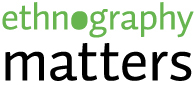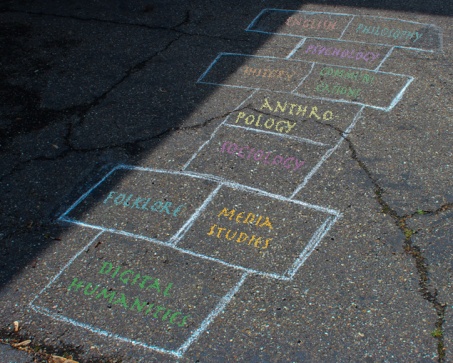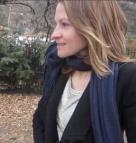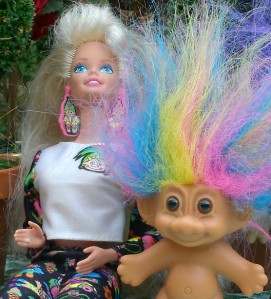Ethnography of Trolling: Workarounds, Discipline-Jumping & Ethical Pitfalls (3 of 3)
 Editor’s note: In the final installment of Whitney Phillip‘s @wphillips49 series on ethnography of trolling, she shares with us how she navigates academic territories when her own work and academic background–she has three degrees from three different fields–does not fit neatly within pre-existing boundaries. While some people fear border jumping in academia, we see this as a strength and as a sign of a fearless learner. Now that Whitney is on the job market, we invited her to discuss how she is managing her identity as “Dr. Whitney Phillips” and to share some tips she has picked up along the way.
Editor’s note: In the final installment of Whitney Phillip‘s @wphillips49 series on ethnography of trolling, she shares with us how she navigates academic territories when her own work and academic background–she has three degrees from three different fields–does not fit neatly within pre-existing boundaries. While some people fear border jumping in academia, we see this as a strength and as a sign of a fearless learner. Now that Whitney is on the job market, we invited her to discuss how she is managing her identity as “Dr. Whitney Phillips” and to share some tips she has picked up along the way.
___________________________________________________________
Often I am asked about my research focus, and when that happens I never quite know what to say. My PhD is in English, I have a Folklore structured emphasis (the PhD equivalent of a major), and my dissertation is on trolling. Although this combination makes perfect sense to me, it tends to raise more questions than it answers (“English, really?” being the most common response, followed closely behind by “Oh you mean like Norse mythology?”). To simplify things, and especially early in my research project, I would usually just say that I studied internet trolls and leave it at that.
But as I came to realize, the claim that “I study trolls” was misleading, since that sort of framing implied that I somehow received training in trolling (…lol?), or at least narrowed my field of interest/expertise to that one behavioral practice. And I don’t just study trolls, not even in the dissertation. Throughout my project I also address digital culture more broadly (specifically meme culture and the steady mainstreaming of similar), and devote a great deal of space to the discussion and critique of sensationalist corporate media. I even have a chapter on trolls’ relationship to the Western philosophical canon (Socrates, come on down!). In a lot of ways, the dissertation project—now revised book manuscript—is as much about the wider cultural context as it is about trolls themselves, complicating the so-called “elevator pitch” (20 second research synopses) all academics are expected to perform at conferences and other professional gatherings.
That I don’t have a concise elevator pitch doesn’t bother me. In fact, given my academic background, it’s entirely appropriate—I have a B.A. in philosophy (2004, Humboldt State University), and/but whenever I could would apply specific philosophical approaches to pop culture, primarily television (television is my absolute favorite medium). I also have an M.F.A. in fiction (2007, Emerson College), and/but throughout my program mostly wrote non-fiction, avoided writing workshops (the backbone of all M.F.A. programs), and took as many lit classes as possible. I’ve never fully fit into any one field or department, and have always been perfectly comfortable—happy, even—playing hopscotch with disciplinary borders. Because why not, and anyway they’re just chalk marks.
Regardless of how I might feel about clear-cut borders, I do have to navigate the academic waters, and have had to learn to take things like elevator pitches seriously (well seriously-ish). And not just elevator pitches, but academic taglines—the one or two word signal phrases journalists and other academics use to designate your research area (i.e. “anthropologist Jan McTenure”; “social scientist Bill O’Jobby”). This has proven to be even more difficult than distilling my research focus into a 20 second soundbite. Because what am I, really? In 1-3 words, anyway. Read More…








Recent Comments